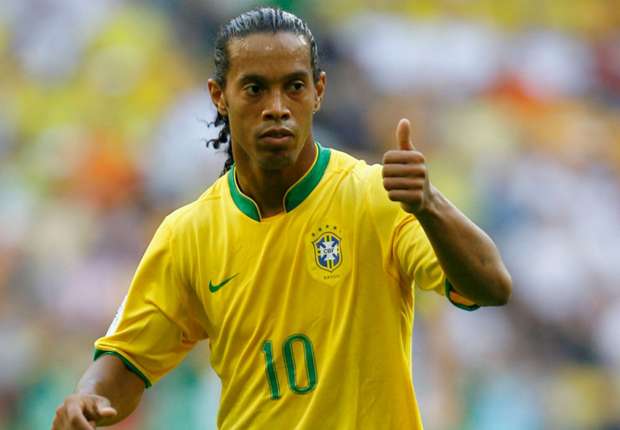CONFEDERATIONS CUP : HISTORY AND STATISTICS
The 2017 FIFA Confederations Cup is the 10th in the history and is hold in Russia from 17 June to 2 July 2017. As the host, Russia qualified automatically for the tournament and is joined by the six winners of the FIFA Confederation Championships (Portugal, Chile, Mexico, Cameroon, Australia and New Zealand) and the 2014 World Cup Champion, Germany. It is the prelude to the 2018 FIFA World Cup.
The Confederations Cup has assumed numerous guises over the years. In 1992 (winner : Argentina against Saudi Arabia in final) and 1995 (winner : Denmark against Argentina in final), it was played in Saudi Arabia , was known as the King Fahd Cup and featured a collection of continental champions. From 1997 to 2003, FIFA staged a tournament every two years ( 1997 : winner : Brazil against Argentina in Saudi Arabia – 1999 : winner : Mexico against Brazil in Mexico – 2001 : winner : France against Japan in South Korea and Japan – 2003 : winner : France against Cameroon in France) . Since 2005 in Germany, the tournament is played in his current format every four years, one year before the World Cup (2005 : winner Brazil against Argentina in Germany – 2009 : winner : Brazil against United States in South Africa – 2013 : winner : Brazil against Spain in Brazil ).
Brazil has won the last three Cups and is the record holder of the titles with 4 titles before France with two titles and Mexico, Denmark and Argentina, who played 4 finals with only one title.
Ronaldinho (Brazil) is the overall Top Scorer of the Confederations Cup with the Mexican Cuauhtemoc Blanco (9 goals). Fernando Torres (Spain – 8 goals), Romario and Adriano (Brazil – each 7 goals) and the Saudi Arabia player Marzouk Al-Otaibi (6 goals) completed the Top 6.
The record of goals in one tournament is held by Romario (Brazil) with 7 goals in 1997.
Minnows Tahiti suffered the heaviest defeat in Confederations Cup history when they crashed 10 – 0 to Spain in the 2013 tournament in Brazil.
The winner of the Confederations Cup has never won the World Cup one year later since the beginning. Maybe this time, it will be different …
